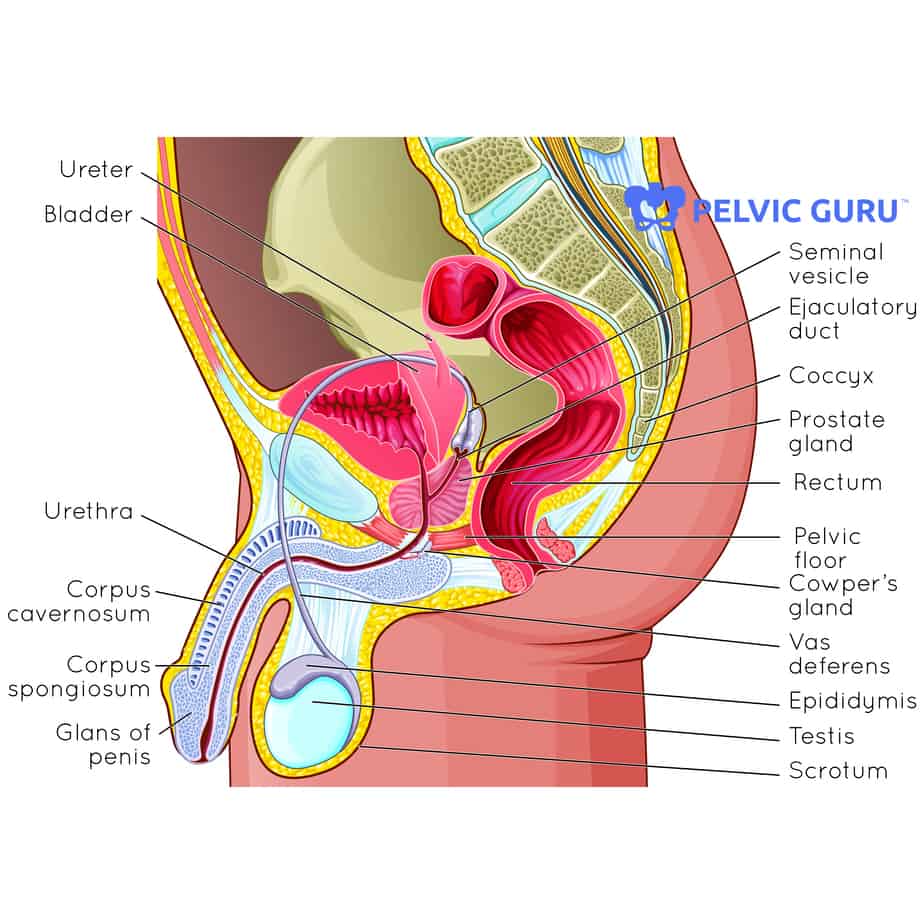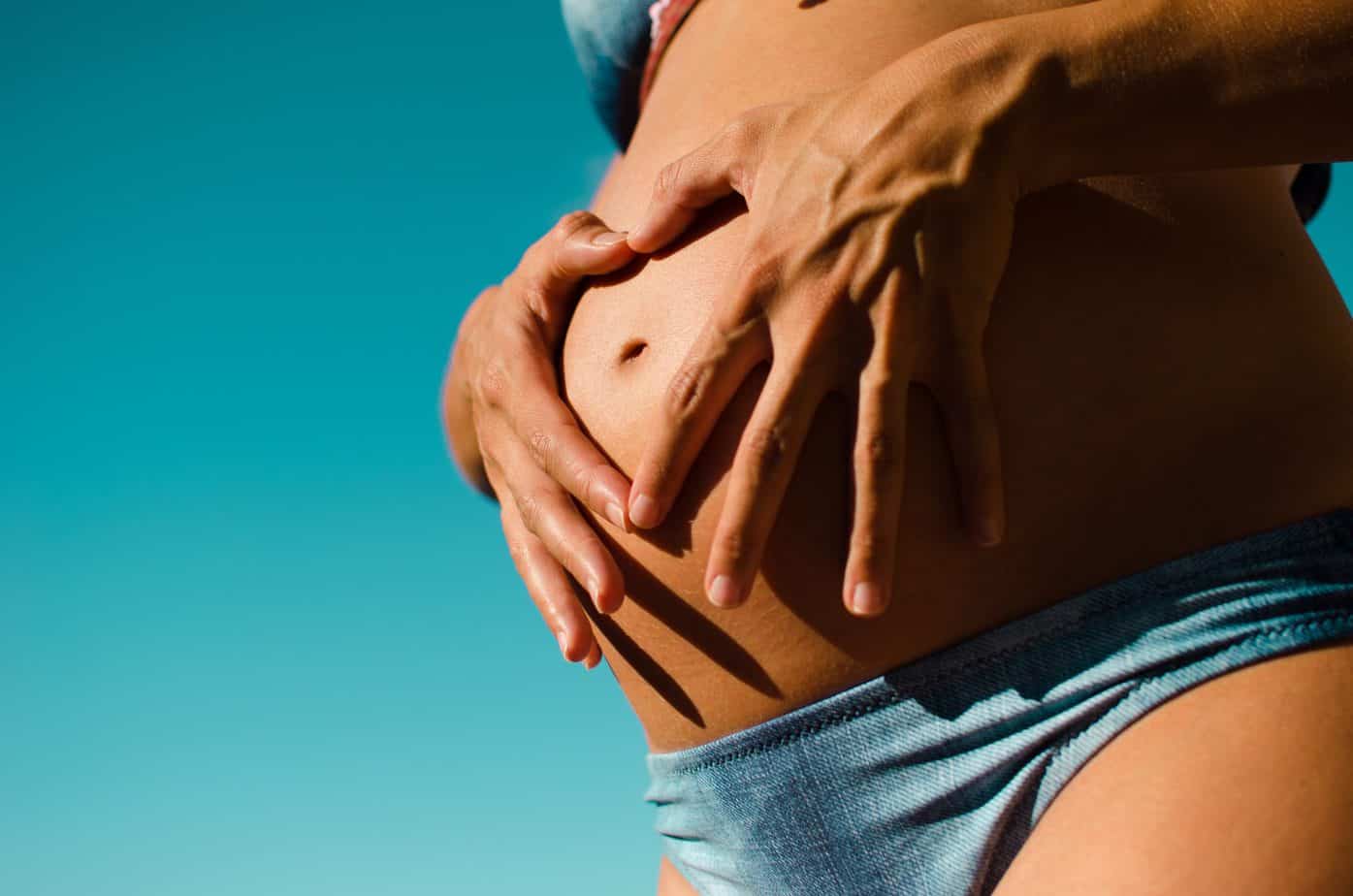Knee Stiffness: it’s not just an ageing process

Do you notice your knee getting stiff upon waking up?
A stiff knee can develop for various reasons. It is often associated with pain and swelling, and occasionally, redness, warmth, numbness.
There are a number of various causes of knee stiffness but they generally fall into two categories, those caused by an injury and those caused by a medical condition.
Knee stiffness usually develops after an injury. This tends to happen for a few reasons:
When damage occurs in the intrinsic knee tissue, there is usually an accumulation of extra fluid inside the joint. The accumulation of fluid will usually depend on the degree of severity of the injury. With a minor insult to the knee, intrinsic tissue irritation inside the joint can cause increased production of synovial fluid. Consequently, a major insult to the knee, can lead to direct bleeding into the joint, known as a hemarthrosis which can result in considerable swelling.
Therefore, any extra fluid within the knee joint can lead to increased stiffness. This is because of the reduced available space within the knee joint.
Sometimes swelling is not visible or is barely detectable. Often times knee width is measured in several places since the fluid can move around. This makes it difficult to determine if and how much fluid there is just by a physical exam. Knee stiffness can also be the only cause of complaint without other symptoms.
Talk to your physical therapist about any knee stiffness or injuries you have experienced. Knee stiffness and pain generally responds well to physical therapy treatment.







